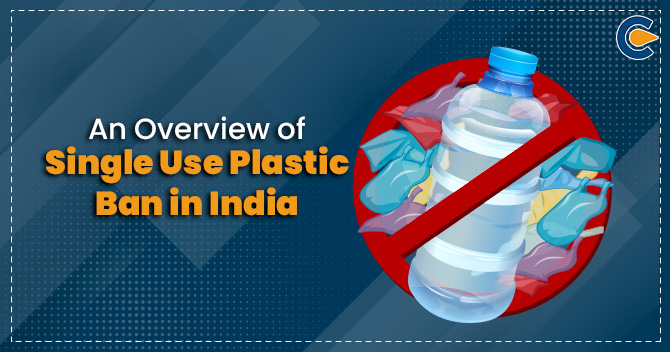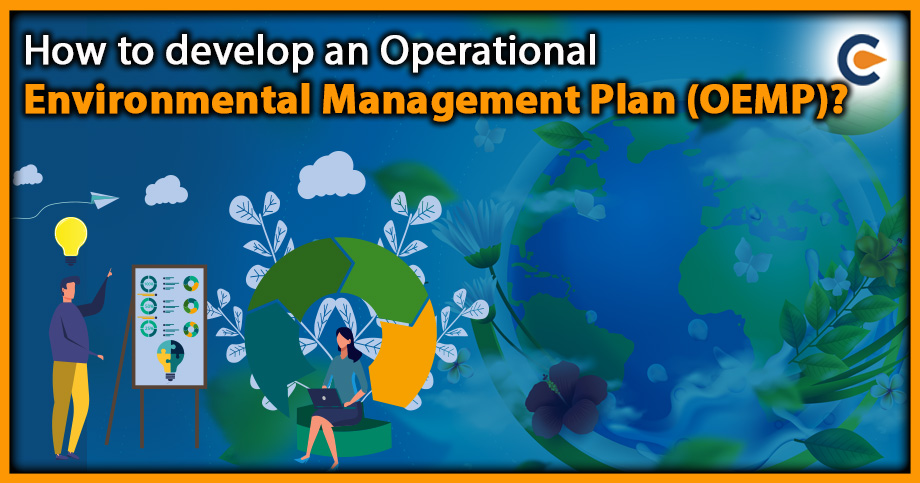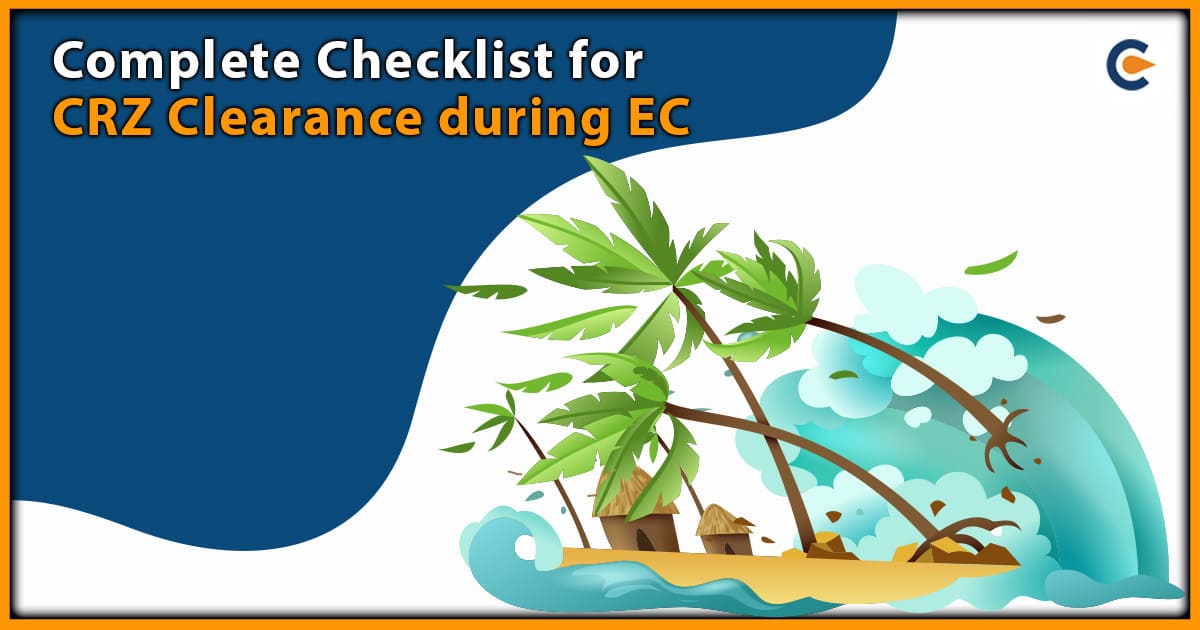From July 01, 2022, India will implement a Single Use Plastic Ban on certain items. The pollution regulator has issued notices to stockists, producers, and e-commerce sites so that such items are no longer used or sold. As per the Central Pollution Control Board or CPCB, items such as flags, candy, earbuds, and ice-cream sticks, PVC banners less than 100 microns thick, wrapping films, cutlery, decorative thermocol, cups, and glasses, among others wont’s be allowed. Moreover, no plastic carry bags less than 120 microns thick can be used. As India is ready for this Single Use Plastic Ban. Scroll down to check more information regarding Single Use Plastics and why they are harmful to the environment.
What is the meaning of Single Use Plastic?
Single Use Plastics are used only once before they are thrown away or recycled. These items are things like plastic bags, coffee stirrers, water & soda bottles, and most food packaging. In India, Single Use Plastic is defined as a plastic commodity aimed to be used once for the same objective before being disposed of/recycled in its Plastic Waste Management Amendment Rules, 2021.
A proficient or an expert committee constituted by the Department of Chemicals & Petrochemicals has come out with the Report on Single Use Plastics. This report has categorised plastic items based on their environmental impact & utility[1] and those found to have the lowest utility & highest environmental impact have been suggested for a phase-out. These comprise of thin carry bags less than 50 micro, small wrapping or packing filters, earbuds with plastic sticks, small plastic bottles, non-woven carry bags & covers (less than 80 gsm and 320 microns), and plastic banners, among other products.
Huge Contribution to Pollution in India – Single Use Plastic Ban
Generally, Plastics have been found to be a major contributor to rising pollution levels in the world and in India. As per UNEP or the United Nations Environment Programme, half of all plastic produced is designed to be used once only & thrown away.
According to UNEP figures, the world produces about 300 million tonnes of plastic waste every year, that nearly equivalent to the weight of the overall human population. Researchers calculate that more than 8.3 billion tonnes of plastic have been produced since the early 1950s. Around 60% of that plastic has ended up in either a landfill or the natural environment. This figure is totally based on the projection of CPCB that an estimated 25,940 tonnes per day of plastic waste, equivalent to 1,030 truckloads at 25 tonnes per truck, is generated in the country.
Previous Similar Bans in India
In 2019, the administration of Himachal Pradesh imposed a Rs. 25,000 as fine for littering/selling Single Use Plastic cutlery in Himachal Pradesh. The State Government banned the sale & use of plastic cutlery made of non-biodegradable plastic, having one-time users. This state was the 1st state in India who implement the Single Use Plastic Ban in 2009. Since then, the Himachal Pradesh Government has been making efforts to lessen the plastic waste in the rural areas & towns of the state.
In 2018, Maharashtra Government declared a Single Use Plastic Ban. However, it did not stick owing to low awareness, robust lobbying by the industry and a lack of genuine alternatives.
While India should be admired for its brave decision of the Single Use Plastic Ban, it cannot be the only answer to plastic pollution. Experts or professionals state that awareness and more cost-worthy alternatives need to be made available to the masses. Environmentalists agree that the Single Use Plastic Ban is not enough on its own and needs to be supported by other initiatives & government regulations. This means that manufacturers should evidently mark the type of plastic used in a product so that it can be recycled properly.
Situations in other countries
The EU or European Union came up with a clear vision in the form of the European Union plastics strategy, which gave the industry a 3 year window till 2021 to phase out 10 identified SUP items. About 60 nations have already implemented Single Use Plastic Ban fully or partially in their nations. For example, in the United States, multiple cities, including Seattle and San Francisco, have banned Single Use Plastic. To deter people from using plastic, cities like Boston & Washington DC have imposed taxes on plastic bags. Since 2019, Taiwan has a ban on straws, utensils, plastic bags, and cups. South Korea already banned the usage of plastic bags in major supermarkets and violators are fined around $2,700.
Conclusion
The latest ban is a huge step toward India’s fight against the landfill, air pollution and marine and is in line with its broader environmental agenda, as per experts. In March 2021, India said that it was on track to meet its PACC or Paris Agreement Climate Change targets, and added that it has voluntarily committed to lessening greenhouse gas emission intensity of its GDP by 33%-35% by 2030.
Read our Article:Environmental Clearance Process in India: A Complete Outlook











